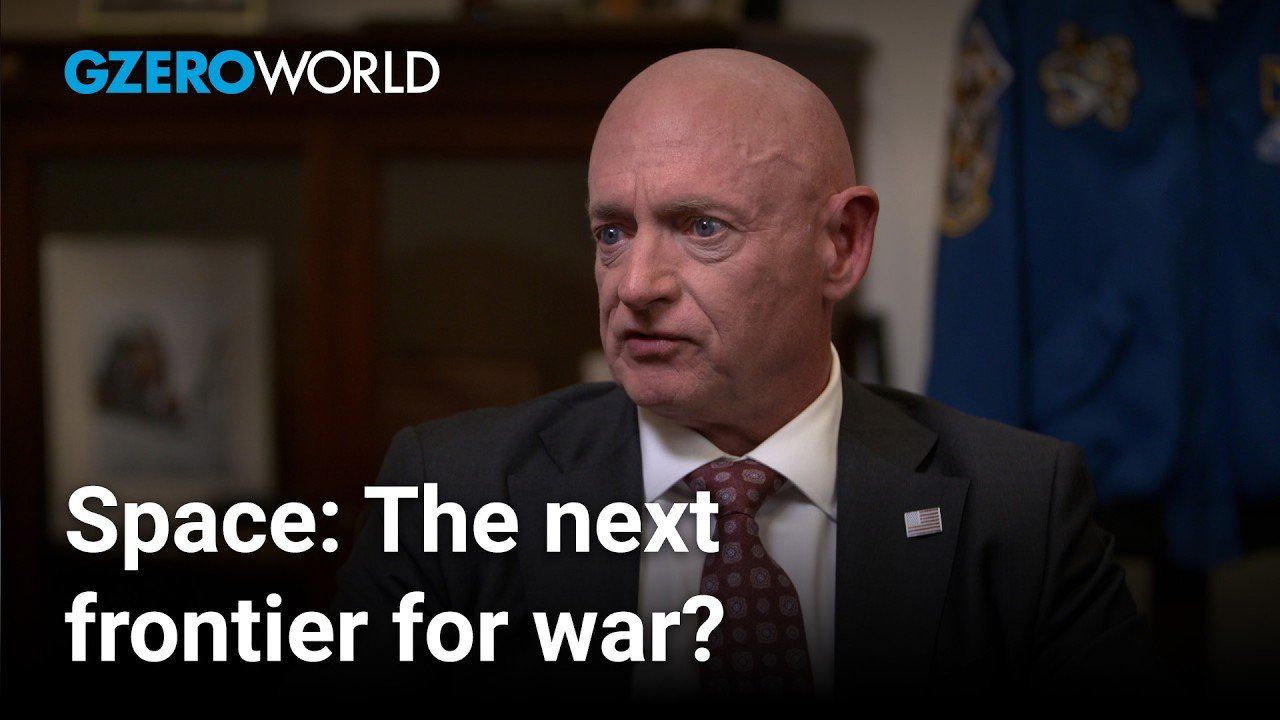
Should the United States be concerned about Chinese and Russian military activity in space? And is the US prepared for space warfare?
Senator Mark Kelly (D-AZ) joined Ian Bremmer on GZERO World to talk about the future of US space policy and the 21st-century space race with Russia and China. Senator Kelly, a former NASA astronaut and Space Shuttle commander, says that while the recent achievements of China’s space program are impressive, the US is still way ahead of China in any space endeavor. His main concern? Making sure we stay ahead of both Russia and China and prevent them from using space as a domain for future military conflict. Kelly also worries that, given Putin’s openness to violating international law, he may renege on the 1967 UN Space Treaty that prevents any country from using the moon for military purposes, officially ending the post-Soviet era of US-Russia space cooperation.
“Every space flight I went on, there were always Russians on board the space station. And that cooperation worked really well,” Kelly tells Bremmer, “What Putin did in Ukraine is indicative of, well, did that even matter?”
Look for the full interview with Senator Mark Kelly on GZERO World with Ian Bremmer, airing on US public television soon (check local listings).
New digital episodes of GZERO World are released every Monday on YouTube. Don''t miss an episode: subscribe to GZERO's YouTube channel and turn on notifications (🔔).
- Israel-Palestine de-escalation likely by weekend; next space race? ›
- The next frontier of warfare: Russian space-based nukes ›
- Russia tests the waters and threatens in space ›
- The future of space: congested and contested ›
- The Graphic Truth: Space junk — enter the trashosphere ›
- Ian Explains: Who's winning the US-China space race? - GZERO Media ›
- Mark Kelly on the new space race - GZERO Media ›
- The new space race: Sen. Mark Kelly on China's bold ambitions, America's policy & Russian threat - GZERO Media ›
- Ukraine fires US missiles into Russia. What's next? - GZERO Media ›